I didn’t go to business school. Instead, I learned how to start a small business by reading books. Some books were not helpful, but others were like finding gold. They taught me what I needed to know about starting a small business.
Now, I want to share with you the 12 best books for small business owners in 2024. These books are must-reads if you want to start a small business. They are written by successful entrepreneurs and business leaders — people who’ve been there and can show us the way.
For this list, I also completed hours of research to make sure I included the most commonly recommended books for small business owners. I know everyone’s journey is different, but I hope you’re able to take as much from these small business books as I did.
So let’s begin! This first book is BY FAR the #1 most-recommended small business book…
Table of contents
- The Best Small Business Books
- 1. The E-Myth Revisited by Michael E. Gerber
- 2. The Lean Startup by Eric Ries
- 3. Traction by Gino Wickman
- 4. Profit First by Mike Michalowicz
- 5. Zero to One by Peter Thiel
- 6. The 4-Hour Workweek by Tim Ferriss
- 7. Good to Great by Jim Collins
- 8. The $100 Startup by Chris Guillebeau
- 10. Buy Back Your Time by Dan Martell
- 9. How to Get Rich by Felix Dennis
- 11. The Millionaire Fastlane by MJ DeMarco
- 12. $100M Leads by Alex Hormozi
The Best Small Business Books
1. The E-Myth Revisited by Michael E. Gerber
—Michael E. Gerber
What is The E-Myth Revisited about?
What are the key takeaways?
- 💡 1. The E-Myth Explained: The surprising truth is that most small businesses are started not by entrepreneurs, but technicians
- 👷 2. The Three Business Personalities: Every business owner must balance their inner Entrepreneur, Manager, and Technician
- 🍔 3. Work on your business, not in it: Implementing systems for scalable success, like the McDonald's franchise model
Why should you read it?
Is it worth reading? Reviews Summary
The E-Myth Revisited is rated 4.7 on Amazon and 4.1 on Goodreads.
Positive reviews say: Valuable business insights — Accessible writing style
Criticism: Repetitive content for some — Dated examples
2. The Lean Startup by Eric Ries
—Eric Ries
What is The Lean Startup about?
What are the key takeaways?
- 💡 Minimum Viable Product: Start with a very basic version of your product, so you can get real customer feedback fast
- ⏳ Lean Thinking: Deliver more value to customers with less time, money, and resources - by applying Toyota's Lean Production principles
- 📈 Vanity vs Actionable Metrics: How to measure what matters for real progress and success in your startup
Why should you read it?
Is it worth reading? Reviews Summary
The Lean Startup is rated 4.5 on Amazon and 4.1 on Goodreads.
Positive reviews say: + Innovative approach + Actionable advice + Real-world examples
Criticism: Focused on tech startups — Can be difficult to read through
3. Traction by Gino Wickman
—Gino Wickman
What is Traction about?
What are the key takeaways?
- 🔮 Define Your Vision: Start with an exciting 10-year vision, then work backwards to decide everyone's weekly action steps
- 📊 Use Data for Decision-Making: Use a weekly data dashboard for clear insights; guide your business with facts
- ✅ Standardize Processes: Document essential processes for efficiency and scalability; making operations smoother
Why should you read it?
Is it worth reading? Reviews Summary
Traction is rated 4.6 on Amazon and 4.1 on Goodreads.
Positive reviews say: Many liked the clear steps and actionable tools, that really work to organize a business.
Criticism: Some felt the book included old-fashioned management ideas and unnecessary corporate-speak.
4. Profit First by Mike Michalowicz
“When less money is available to run your business, you will find ways to get the same or better results with less. By taking your profit first, you will be forced to think smarter and innovate more.” — Mike Michalowicz
What is the book about?
“Profit First” revolutionizes the way small business owners think about managing their finances. Instead of following the traditional sales – expenses = profit formula, Mike Michalowicz proposes a counterintuitive approach: sales – profit = expenses. This method ensures that profit is not an afterthought but a priority.
Why should you read it?
Honestly, if you’re drowning in the financial details of running your business or feel like every penny is spoken for before it even hits your account, you need to check out “Profit First.” Mike Michalowicz totally turns the usual way of thinking about business finances on its head. Instead of doing the whole sales minus expenses equals profit dance, he’s like, “Nah, let’s take profit first and figure out the rest later.” It sounds kinda like dieting advice where you eat dessert first, but it works! 🍰
Key takeaways include:
- 💰 Pay Yourself First: Allocate a percentage of every sale to profit before you pay your bills or yourself. This ensures your business’s financial health.
- 📊 Implement Small Plates: Use separate accounts for income, profit, taxes, and expenses to gain clear visibility over your finances and avoid overspending.
- 🔄 Remove Temptation: Transfer your profit to a separate bank account to avoid the temptation of spending it on expenses. This reinforces the discipline of operating within your means.
Is it worth reading? Reviews summary:
| ⭐️ 4.7 on Amazon | ⭐️ 4.3 on Goodreads |
| 👍 Positive: + A simple yet effective financial strategy + Practical advice for achieving profitability | 👎 Criticism: – Can be challenging to adapt to specific business models – A big mindset shift from traditional accounting practices |
5. Zero to One by Peter Thiel
—Peter Thiel
What is Zero to One about?
What are the key takeaways?
- 💡 Avoid Competing: Exceptional startups offer something unique that nobody else is doing, often based on a new technology rather than market expansion
- 🌱 Launch Smaller: Begin with a small, concentrated market that you can dominate and scale up from there
- 👑 Capture a Monopoly: Companies become unbeatable through four pathways—proprietary technology, network effects, economies of scale, or branding
Why should you read it?
Is it worth reading? Reviews Summary
Zero to One is rated 4.6 on Amazon and 4.2 on Goodreads.
Positive reviews say: Many readers find Thiel's ideas very thought-provoking and valuable for hiring, sales, management, etc.
Criticism: Some say the core idea of "going 0 to 1" is flawed. Thiel's own successes, like Facebook, were improvements of existing businesses.
6. The 4-Hour Workweek by Tim Ferriss
—Tim Ferriss
What is The 4-Hour Workweek about?
What are the key takeaways?
- 🎯 1. Leverage the 80/20 Rule: You can work less and accomplish more—by removing low-value work
- 🧪 2. Validate Your Ideas: Test if people want to buy your product, before you develop it
- 📺 3. Eliminate Distractions: Become twice as productive by cutting out unnecessary noise and content
Why should you read it?
Is it worth reading? Reviews Summary
The 4-Hour Workweek is rated 4.5 on Amazon and 3.9 on Goodreads.
Positive reviews say: Innovative ideas — Motivational to pursue dreams — Practical productivity hacks
Criticism: Self promotion — Overly optimistic — Not realistic for everyone
7. Good to Great by Jim Collins
“Practical Discipline #3: Put your best people on your biggest opportunities, not your biggest problems.” — Jim Collins
What is the book about?
“Good to Great” explores what it takes for companies to transition from being good companies to great ones and how some companies fail to make the leap. Through rigorous research, Jim Collins and his team identify key principles that allow companies to achieve and sustain greatness.
Why should you read it?
This book is a game-changer, no matter if you’re the boss of your own startup or just want to boost your leadership skill level. Jim Collins isn’t just throwing opinions around; he’s got the data to back up what he says about turning a decent company into an amazing one. What’s cool is that his advice isn’t just for the big corporate players. Any organization, big or small, can grab onto these ideas and run with them. Collins is like the business world’s Yoda, and this book is your lightsaber. May the profits be with you! 🚀
Key takeaways include:
- 🚀 Level 5 Leadership: The importance of humble yet driven leaders who prioritize the success of the company over their personal recognition.
- 🚌 Get the Right People on the Bus: Before deciding where to drive the bus, you need to get the right people on it, the wrong people off it, and the right people in the right seats.
- 🔍 Confront the Brutal Facts: A willingness to face the harsh realities of your business while maintaining an unwavering faith that you will prevail.
Is it worth reading? Reviews summary:
| ⭐️ 4.5 on Amazon | ⭐️ 4.1 on Goodreads |
| 👍 Positive: + Comprehensive analysis of great companies + Insights actionable for any sized businesses | 👎 Criticism: – Some companies in the book haven’t sustained greatness – Rigid criteria for “greatness” |
8. The $100 Startup by Chris Guillebeau
“Value means helping people. If you’re trying to build a microbusiness and you begin your efforts by helping people, you’re on the right track.” — Chris Guillebeau
What is the book about?
In “The $100 Startup,” Chris Guillebeau champions the idea that anyone can start a business with a small investment and a lot of passion. This book is packed with inspiring stories of individuals who have turned their passions into profits, often starting with just $100 or less.
Why should you read it?
If you’ve ever dreamed of making a living doing what you love, this book will give you a roadmap to get started turning your ideas into income. Whether you’re tired of the 9-to-5 grind or just looking for a side hustle, “The $100 Startup” shows you that the path to financial independence and personal fulfillment might be less complicated than we think.
Key takeaways include:
- 💡 Start Lean: You don’t need a fortune to start your dream business. A little can go a long way if you’re smart and lean.
- 🔍 Focus on Value: The key to a successful business is offering something that people want to pay for because it helps them. Find what you can do that others value.
- 🚀 Just Start: Waiting for the perfect moment often means never starting. Dive in, learn as you go, and adjust your plan based on real feedback.
Is it worth reading? Reviews summary:
| ⭐️ 4.5 on Amazon | ⭐️ 3.9 on Goodreads |
| 👍 Positive: Packed with actionable advice and inspiring success stories + Focus on simplicity | 👎 Criticism: – Some readers wanted more depth in certain areas – Not all examples may resonate with everyone’s situation |
10. Buy Back Your Time by Dan Martell
“The Buyback Principle: Don’t hire to grow your business. Hire to buy back your time.” — Dan Martell
What is the book about?
“Buy Back Your Time” is a book by Dan Martell, a seasoned entrepreneur and coach. He shares his blueprint for entrepreneurs at all levels to achieve rapid growth without the burnout. By trading money for time, you will focus more on high-value work that propels your business forward and also boosts your personal happiness and fulfillment.
Why should you read it?
If you’re an entrepreneur struggling to keep up with the demands of your business, this book is a gold mine. Martell offers a mix of personal anecdotes, success stories, and practical steps to help you implement the Buyback Principle in your life. It’s time to take control of your hours like never before. 🕒
Key takeaways include:
- 💰 Find Your Buyback Rate: Figure out how much your time is worth. It helps you decide which tasks to do yourself and which ones to give to others. This way, you focus on the big stuff that only you can do.
- 🔁 Use the Buyback Loop: If growing your business feels impossible because you’re too busy, audit your time and get rid of tasks that drain you. Then, fill your time with work you love. This helps you grow without burning out.
- 🪜 Hire Smart with the Replacement Ladder: When you hire people, do it in the right order to get the most out of it. Start with an assistant, then fill roles in delivery, marketing, and sales, and build up to a leadership team. This keeps you focusing on big-picture strategies, not day-to-day tasks.
Is it worth reading? Reviews summary:
| ⭐️ 4.8 on Amazon | ⭐️ 4.4 on Goodreads |
| 👍 Positive: + Clear, actionable advice grounded in real-world experience | 👎 Criticism: – Targeted towards entrepreneurs, not for everyone |
9. How to Get Rich by Felix Dennis
“Ideas don’t make you rich. The correct execution of ideas does.” — Felix Dennis
What is the book about?
“How to Get Rich” is a no-nonsense guide to acquiring wealth written by Felix Dennis, one of the wealthiest self-made entrepreneurs in the UK. Unlike other books that sugarcoat the path to prosperity, Dennis lays out the gritty realities of becoming rich, including the sacrifices, risks, and mindset shifts required.
Why should you read it?
If you want to get rich, this book has your name on it. Felix Dennis doesn’t pull any punches, he offers practical advice on building a profitable company, but also plenty of warnings that the path to success is filled with hard work, tough choices, and loneliness. As a bonus, this book is a joy to read – a mix of biography, humour, and even poetry for good measure. 🎵
Key takeaways include:
- 💪 Be Resolute: Success requires an ironclad resolve and a willingness to do what others won’t. Excellent execution “is a thousand times more important” than having a perfect idea.
- 🚀 Take Calculated Risks: Understanding when and where to take risks is crucial to leapfrogging from comfort to wealth. To find good opportunities where risk may pay off, look for markets that are new and growing.
- 🧠 Mind Over Matter: Cultivate a mindset that is not deterred by failure or criticism. Wealth is as much about mentality as it is about strategy. Have that self-belief that you deserve to be on top.
| ⭐️ 4.5 on Amazon | ⭐️ 4.2 on Goodreads |
| 👍 Positive: + Brutally honest insights + Practical strategies from personal experience | 👎 Criticism: – Tone can be a bit harsh – Not a step-by-step guide; a philosophical overview |
11. The Millionaire Fastlane by MJ DeMarco
—MJ DeMarco
What is The Millionaire Fastlane about?
What are the key takeaways?
- 🚶♂️ 1. Reject the Slowlane: There are downsides to the conventional path we're taught by society
- 💡 2. Produce, Don't Consume: Create and offer value to a specific group of people, rather than just consuming
- 👣 3. Work the Process: Wealth building is not a one-time event, but a gradual step-by-step journey
Why should you read it?
Is it worth reading? Reviews Summary
The Millionaire Fastlane is rated 4.6 on Amazon and 4.3 on Goodreads.
Positive reviews say: Practical steps — Motivational — Real-world experience
Criticism: Aggressive tone — Over-simplified in spots — Perceived unrealistic promises
12. $100M Leads by Alex Hormozi
What is $100M Leads about?
What are the key takeaways?
- 🧲 Create a Lead Magnet: Get engaged leads by offering them a free solution to a small, specific problem
- 🤝 Warm Outreach: Starting with who you already know is usually the fastest way to begin generating sales
- ✍️ Free Content: Building a profitable personal brand should be a cornerstone marketing strategy for almost every business
Why should you read it?
Is it worth reading? Reviews Summary
$100M Leads is rated 4.9 on Amazon and 4.7 on Goodreads.
Positive reviews say: + Actionable and easy to follow + Immense value compared to many business books + Practical examples
Criticism: - Some readers perceived the author's tone to be overly assertive or promotional
- Goodreads – Small Business Books shelf
- Amazon – Best Sellers in Small Business
- Amazon – Category for “Small Business”
- Amazon – Most Wished for in Small Business
- Zapier – 9 books every small business owner should read
- University of Houston SBDC – Five Must-Read Books For Small Business Owners
- Wisestamp.com – 11 best books for small business owners
- Nationwide Insurance – The 4 best books to read when starting a small business
- Shortform – 100 Best Small Business Books of All Time
- TeamBuilding.com – 15 Best Small Business Books to Read in 2024
- Reddit r/Entrepreneur – What book is an essential read for a small business owner?
- Reddit r/EntrepreneurRideAlong – Which is the best book to read before starting a small business?
- Reddit r/smallbusiness – What are some good books on the basics of what you need to know to run a small business?
- Reddit r/Entrepreneur – Best book to learn how to start a business?
- Reddit r/Entrepreneur – What are some good books for starting a small business?
- Reddit r/Entrepreneur – Best business books to read?
- Reddit r/smallbusiness – If I could read one book on owning and operating a small business, what should it be?
- Reddit r/Entrepreneur – Best Books To Read When Building a Business?
- Reddit r/smallbusiness – If there was one book you would recommend to anyone starting their own business what would it be?
- Reddit r/Entrepreneur – Could you guys recommend books about the basics of starting a business?
- Reddit r/Entrepreneur – What book changed your life as an entrepreneur?

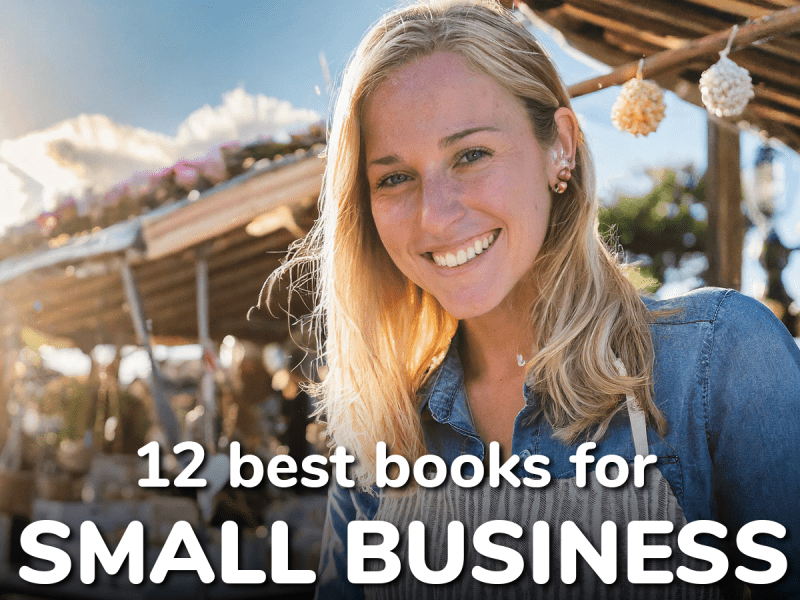

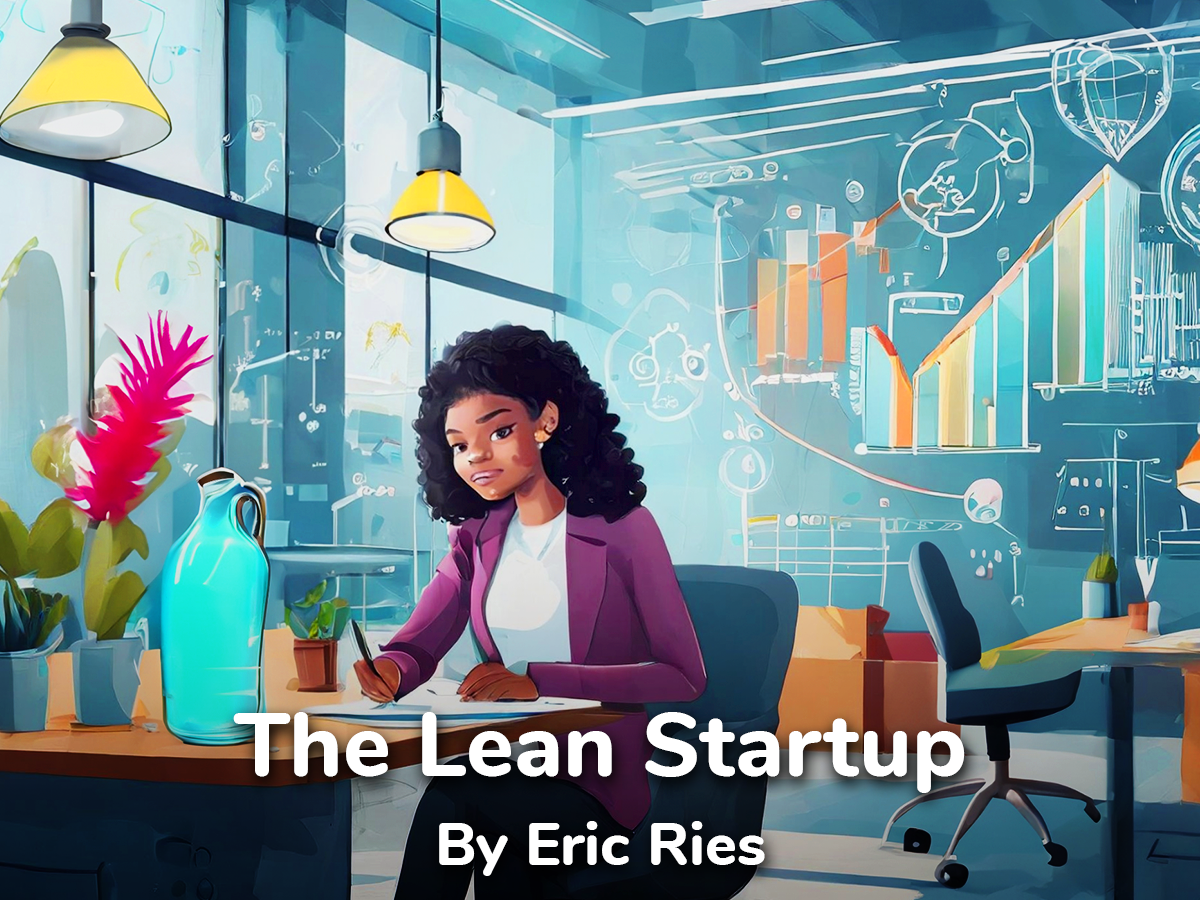
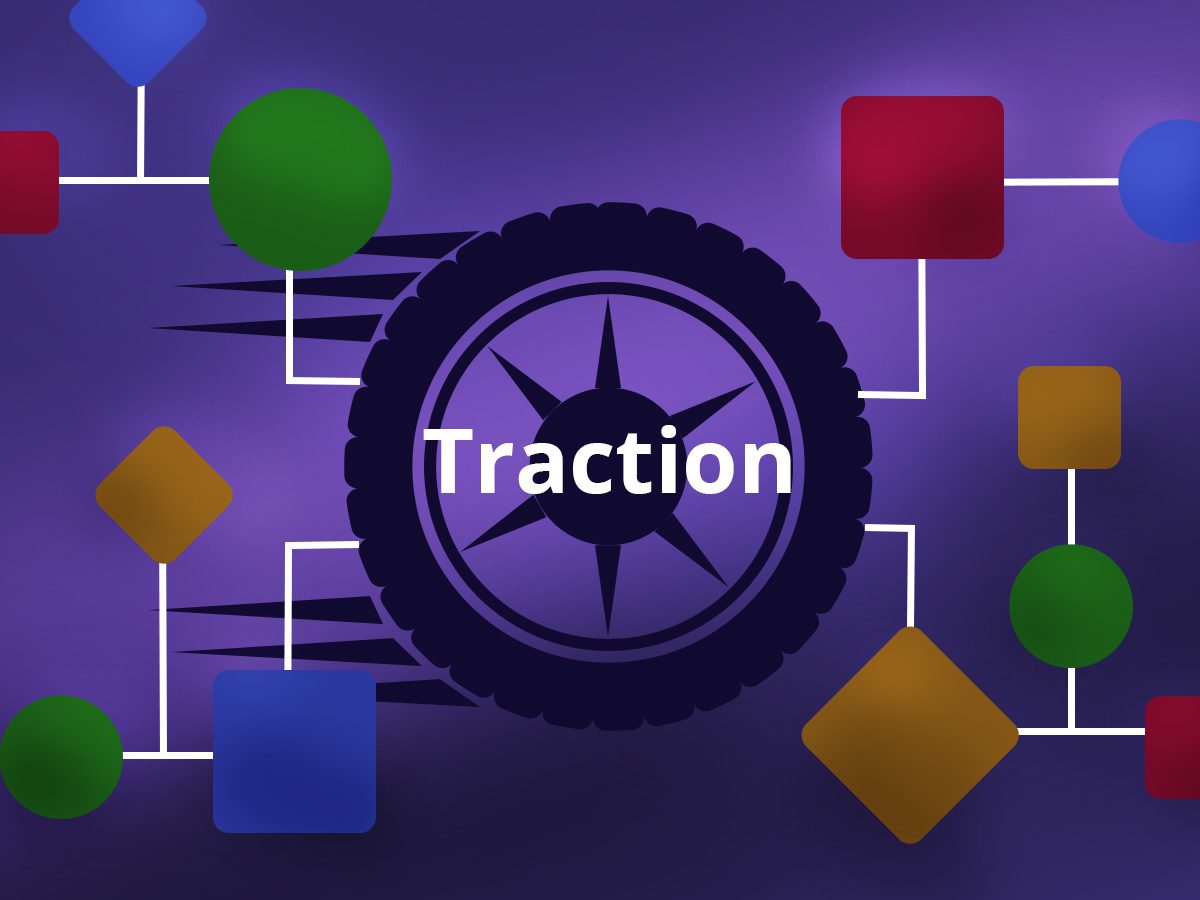
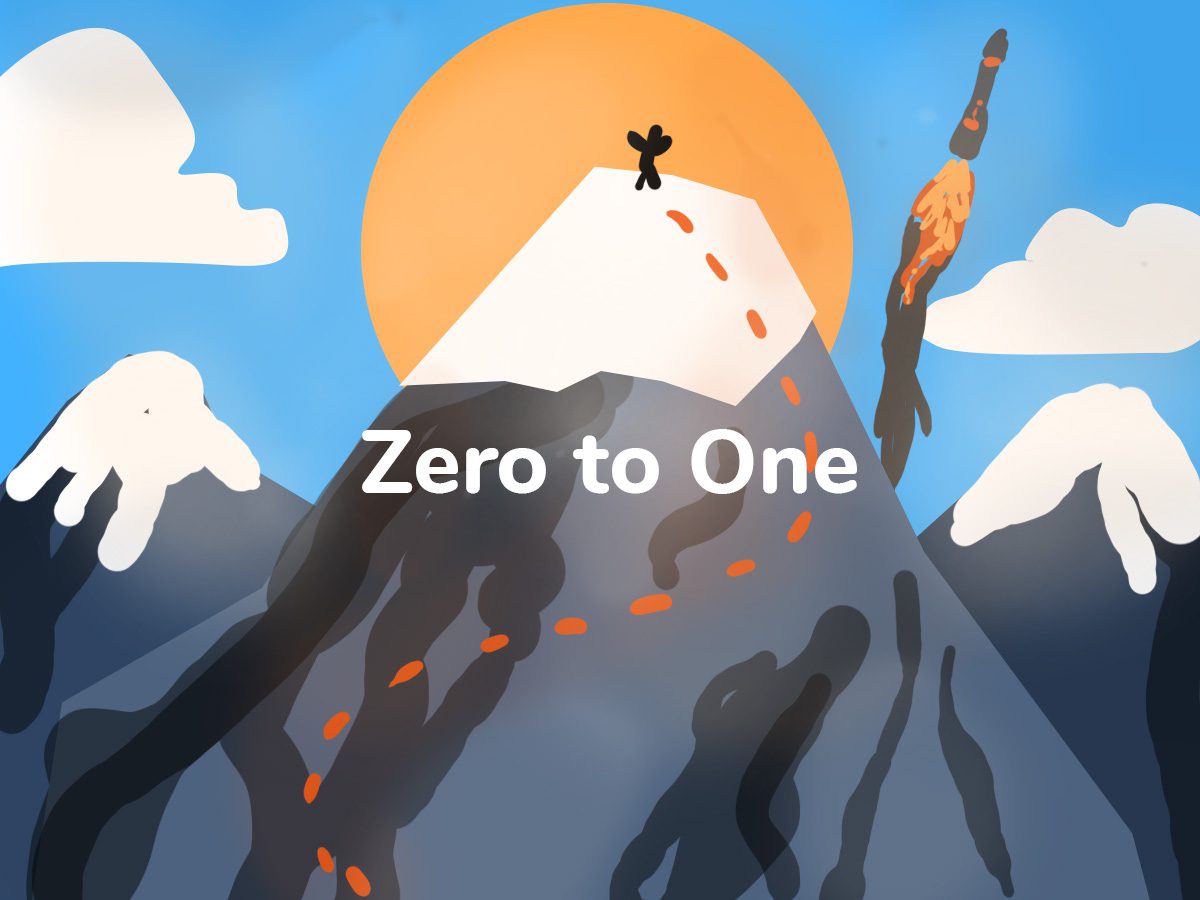
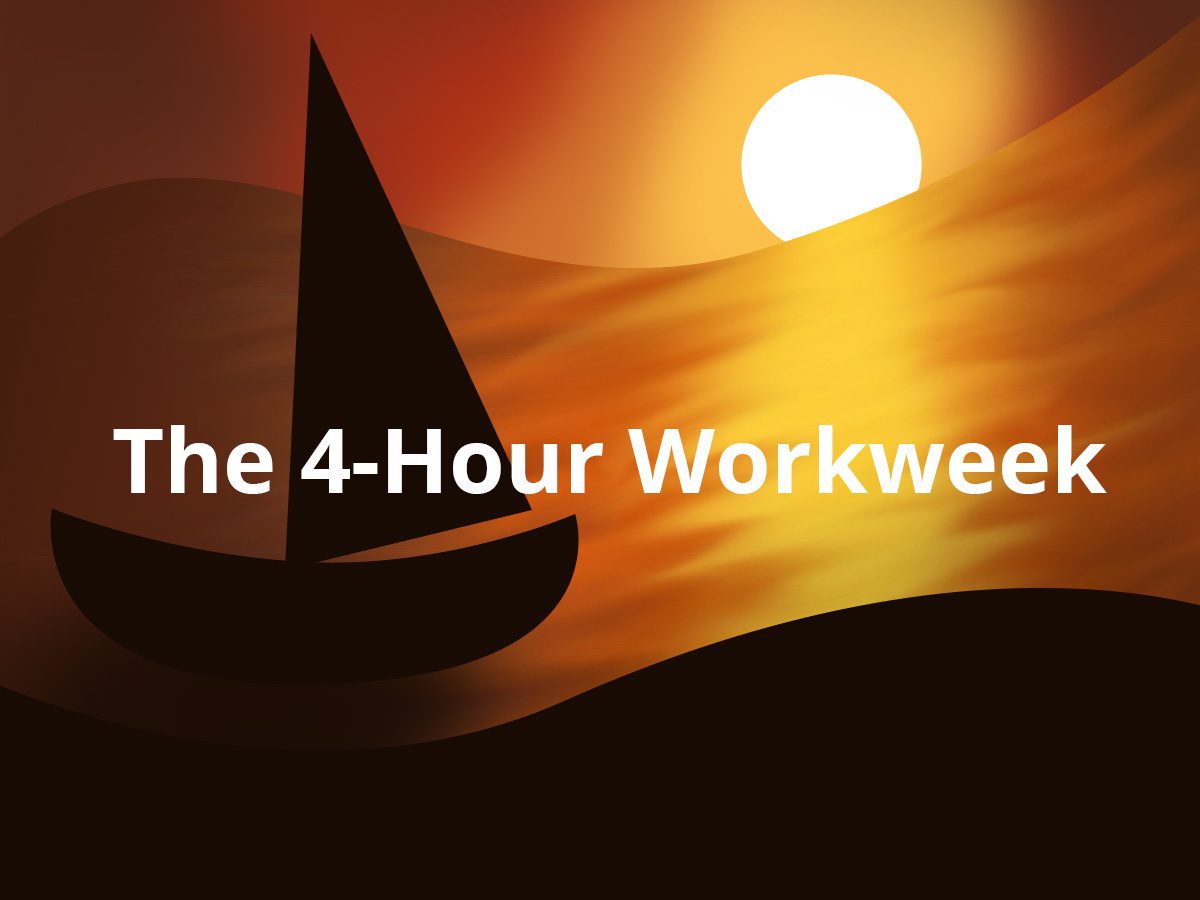

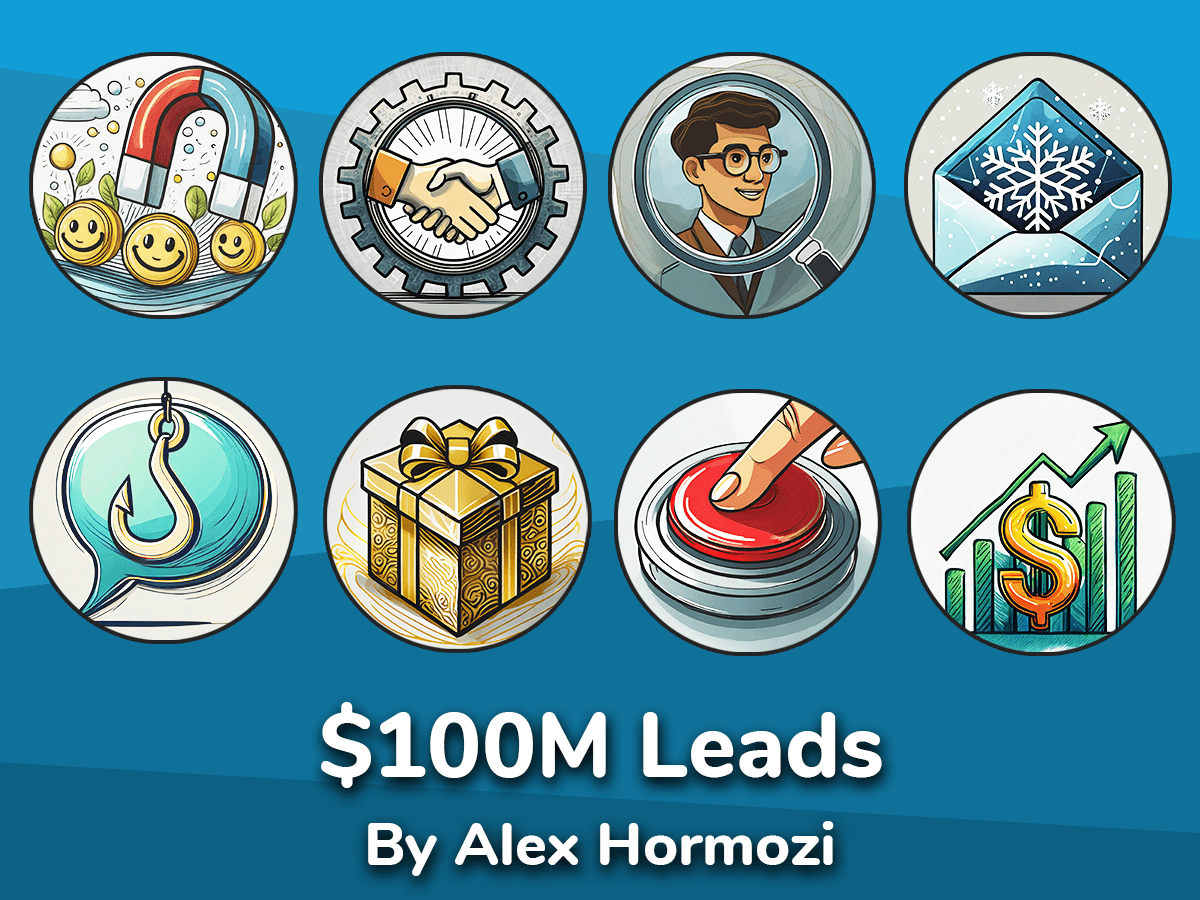

Community Notes